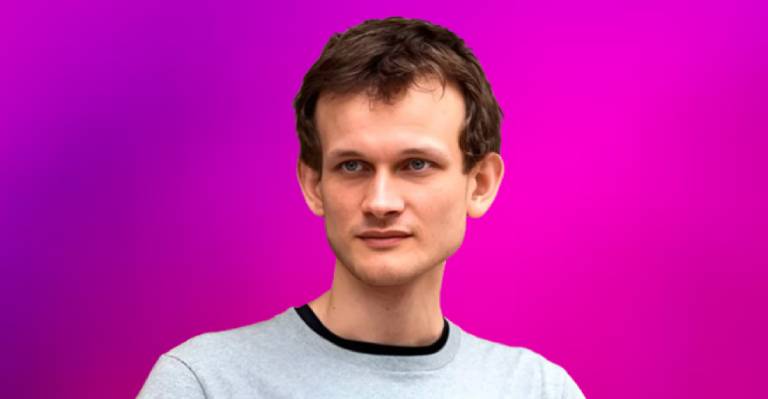TL;DR
- Vitalik Buterin defended the existence of a betting section on Hezbollah on the Polymarket platform.
- The crypto community has expressed ethical concerns about trivializing war conflicts as gambling.
- Buterin argues that prediction markets help prevent misinformation without relying on government censors.
Ethereum co-founder Vitalik Buterin has sparked controversy by expressing his support for the existence of a betting section on Polymarket related to Hezbollah and the conflicts in the Middle East.
On this decentralized platform, users can bet on geopolitical events such as a possible Israeli invasion of Lebanon or US military intervention in the region, something that has caused concern in the crypto community.
I support these existing. The point of polymarket is that from the perspective of traders it's a betting site, but from the perspective of viewers it's a news site. There's all kinds of people (incl elites) on twitter and the internet making harmful and inaccurate predictions…
— vitalik.eth (@VitalikButerin) October 1, 2024
One prominent member, under the pseudonym “Legendary,” said that turning such a serious conflict into a gambling “game” is immoral and dehumanizes the gravity of the events.
Buterin, in response, argued that Polymarket‘s value lies not in the betting itself, but in its ability to offer more accurate and responsible predictions on important issues.
According to him, although from the traders point of view the site looks like a betting platform, for observers it becomes an information tool, where the probabilities generated by users with “skin in the game” (those who bet money) can offer a more reliable perspective than unfounded speculations from elites or the media.
The key point for Buterin is not to profit from disasters or conflicts, but to create an environment where the consequences of predictions are more tangible.
He claims this punishes both unwarranted alarmism and over-complacency, allowing for greater accountability in public discourse.
Rather than relying on government or corporate censorship, the prediction market offers a natural counterweight to misinformation.

Ethical limits in prediction markets
However, concerns about using Polymarket do not end here.
Another user, Zach Rynes, questioned Buterin about the risks of these markets incentivizing real-world actions, such as a murder prediction market.
While Buterin was completely against such possibilities, he made it clear that the dividing line must be whether the market acts as an incentive for someone to take malicious action, such as manipulating outcomes for financial gain.
Despite the concerns, Buterin believes platforms like Polymarket are still a long way from generating that kind of influence on a large scale.
However, he suggests that to prevent abuse, bet size limits could be introduced, which would help prevent certain markets from having an outsized impact on real life.
These “soft caps” could reduce the possibility of users making drastic decisions to influence the events being predicted.
Buterin has been an active part of Polymarket, having participated in the Series B funding round, which raised $45 million, with investors including Peter Thiel’s Founders Fund.
Additionally, the platform is rumored to be considering launching its own token and raising another $50 million, which would make it one of the most influential platforms within the decentralized prediction market ecosystem.

